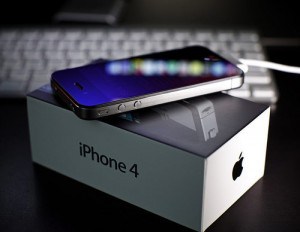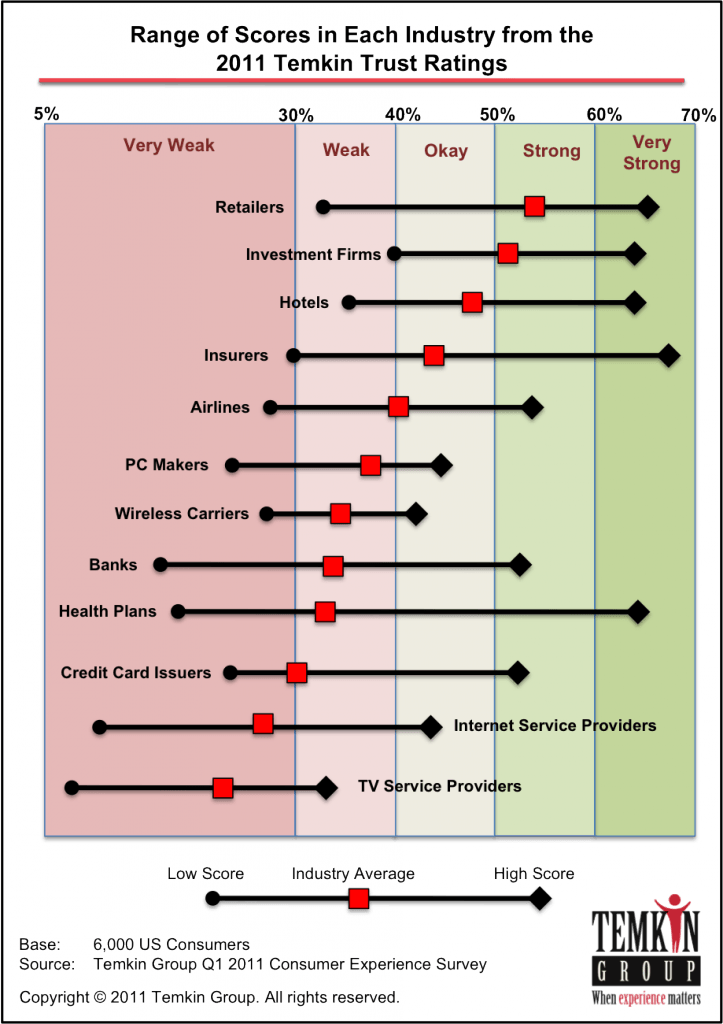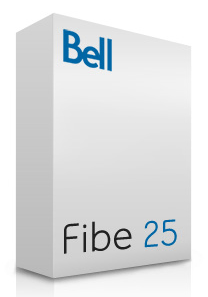 A unknown number of Verizon Wireless customers were treated to some welcome news just days before the latest iPhone arrived for sale: early upgrades worth up to $300 in return for a two-year contract extension. The offer arrived in an e-mail message the company sent to customers like Leslie Harsh of Omaha, Neb.
A unknown number of Verizon Wireless customers were treated to some welcome news just days before the latest iPhone arrived for sale: early upgrades worth up to $300 in return for a two-year contract extension. The offer arrived in an e-mail message the company sent to customers like Leslie Harsh of Omaha, Neb.
“Congratulations,” it read. “You’ve earned a new phone.”
Wireless carriers often waive two year waiting periods for good customers who are itching to get their hands on a new phone, and the Harsh family jumped in the car and headed on down to several local Verizon Wireless stores in search of a new iPhone 4S.
But high demand and the pesky fine print got in the way.
The offer turned out to only be valid on phones already in-stock in local stores, and with the unprecedented demand for the latest iPhone, Harsh was initially disappointed as the Omaha World-Herald reports:
Verizon representatives at the store told Harsh that the offer worked only with phones that the store had in stock. And since Apple and its cellular partners — AT&T, Verizon and Sprint — sold more than 4 million iPhone 4S handsets combined over the weekend, it was no surprise that the store didn’t have any of her chosen phone in stock.
Harsh then asked if she could preorder the phone. No dice, Verizon representatives said. The company’s computer system wouldn’t allow it because of an agreement with Apple.
So Harsh left without a new phone, hoping to use the offer next time one of Verizon’s Omaha-area stores had an iPhone 4S in stock.
That disappointment turned to frustration when Verizon sent out another e-mail days later rescinding the offer:
“Our sincere apologies. We got a bit ahead of ourselves,” began the message, which then withdrew the offer and threw in a consolation price — 30 percent off in-store accessories some customers think are overpriced to begin with. To add salt to the wound, Apple and Bose products were excluded from the discount.
Verizon’s apology and coupon didn’t satisfy Harsh, who spend time and gas money scouring Omaha for the newest Apple phone. She wants Verizon to uphold the original deal, but so far, the company hasn’t agreed.
Stop the Cap! recommends customers who find themselves in such situations escalate the matter to the executive customer service level and move beyond in-store and front line employees, who are unlikely to be empowered to grant special requests. Harsh’s upgrade request is not uncommon, and carriers often grant them to good customers. Harsh spends over $100 a month on her Verizon plan, which puts her in good favor with the phone company.
Filing a complaint with the Better Business Bureau will automatically escalate her plight to executive level customer service at Verizon. If she indicates this situation is serious enough to end her relationship with Verizon if they do not make amends, it’s likely the company will bend if Harsh signs a two-year contract extension, especially because they gave her the idea in the first place.


 Subscribe
Subscribe








